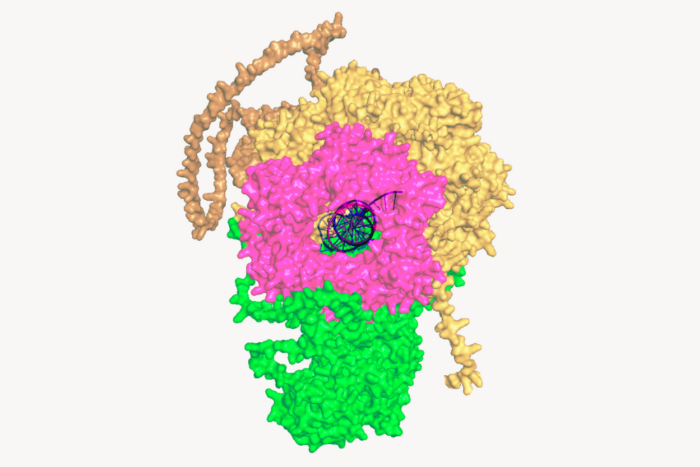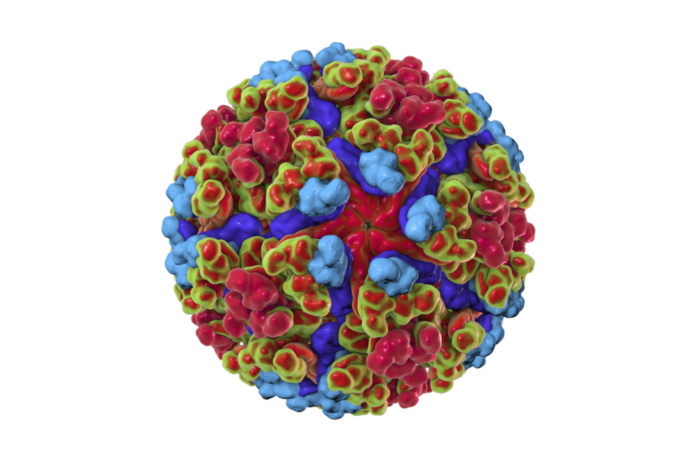Cancer biologist and physician Sohail Tavazoie is promoted to associate professor
Sohail Tavazoie, head of the Elizabeth and Vincent Meyer Laboratory of Systems Cancer Biology, has been promoted to associate professor, effective January 1. Tavazoie, who joined Rockefeller in 2009, works to understand how cancer cells become able to escape a tumor and invade other organs, a process known as metastasis.
“Metastasis is the major cause of death among cancer patients, but there is still much we don’t understand about this process, such as how metastatic tumors form, progress and grow,” Tavazoie says. “My lab’s main goal is to identify the genes and molecular pathways cancer cells exploit in order to metastasize and, with that knowledge, we hope to develop future treatments to prevent or interfere with it.”

During his graduate and clinical training at Harvard Medical School, Tavazoie gravitated toward oncology, and began working on metastasis as a postdoc at Memorial Sloan Kettering Cancer Center. Within breast cancer cells, he identified small RNAs that seemed to regulate metastatic process. The RNA molecule is best known for its role converting instructions contained in DNA into protein, but small pieces of RNA, known as microRNAs, play a role in turning specific genes off.
After arriving at Rockefeller, Tavazoie expanded his work to include colon cancer and melanoma. His lab first identifies specific microRNAs by looking for changes in microRNA levels in highly metastatic versus poorly metastatic tumor cells. They then use these microRNAs as a sort of flashlight that shines light into the complex biology — the genes and molecular pathways — involved in metastasis, Tavazoie says.
This approach has revealed, for example, that highly metastatic breast cancer and melanoma cells exploit different microRNAs in order to attract endothelial cells, which typically line blood vessels. This is an important step in establishing a metastatic colony far from the original tumor.
“I feel fortunate to have been able to recruit such a tremendous group of scientists, who have really propelled these studies forward. Rockefeller has provided a phenomenal environment for supporting this work, and it has been great to collaborate with Memorial Sloan Kettering Cancer Center, where I am continually inspired by the patients I see,” says Tavazoie, who is also an attending oncologist at Sloan Kettering and a physician at the Rockefeller University Hospital.
Current work in Tavazoie’s lab delves deeper into the details of metastasis-promoting pathways, exploring, for instance, how cancer cells benefit by recruiting endothelial cells, and how cancer cells change the levels of microRNAs within them. He and colleagues are currently working on developing two candidate therapies that take advantage of the new knowledge of the mechanisms behind metastasis.
“In his six years at Rockefeller Sohail has made himself an integral part of the university and the Tri-Institutional community, building an innovative research program based on both basic biology and clinical observations,” says Marc Tessier-Lavigne, Rockefeller’s president. “His research has uncovered critical mechanisms behind the deadly process of metastasis, and the insights emerging from has lab have the potential to address one of the great epidemics of our age, cancer. It is a pleasure to announce his promotion to associate professor.”


